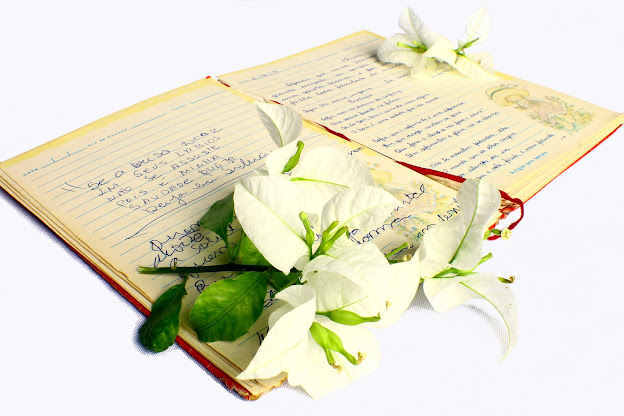Urdu Poetry for PPSC test preparation is too much important. In every exam, the examiner ask question about Urdu and Urdu Poetry. So, that is the reason, we should focus on Urdu and Urdu Poetry. Urdu poetry is a fun for all of us. It has its time in the history even though its history is too short as compared to other languages. We all know that Persian was the court language in the era of Bahdar Shah Zafar. Even though Bahadar Shah Zafar wrote poetry in Urdu language and a well known Urdu poet, Mirza Ghalib was also assosiated with the court of Bahadar Shah Zafar. So, we should prepare Urdu Poetry for PPSC Test.
History of Urdu:
Urdu is originated from different languages. Urdu is most of the time called Lashkari language. It is originated mainly from Persian and Turkish Language. A lot of words are taken from Arabic language. It started to be originated from 6th century till 13th century. Now it came in this form as a language.
Urdu Poetry:
Urdu Poetry is too much appealing to everyone. Everyone loves it. Even a young boy loves poetry. It gives us pleasure. The greatest Urdu poets are Mir Taqi Mir, Allama Muhammad Iqbal, Mirza Ghalib, Mirza Khan Dagh, Mir Anees etc. They all wrote great poetry.
Important Points of Urdu Poetry Related to PPSC Test:
In PPSC Test, the paper setter takes about 4 to 5 mcqs from this portion. He takes these mcqs on the following basis.
Firstly, Poetry is an important part of literature of any language. So Urdu poetry has a great importance in Urdu Literature.
Secondly, The work of some Urdu Poets is unforgettable. So, we cannot forget their sacrifices. That's why the examiner asks question from that part.
Finally, Urdu Poetry, especially the poetry of Allama Muhammad Iqbal play an important role in the movement of Pakistan.
So, we have to prepare mcqs related to the life of the some well known poets, their important books and important verses. You should also prepare the date of birth and date of death of these poets.







0 Comments
For any query, let me know